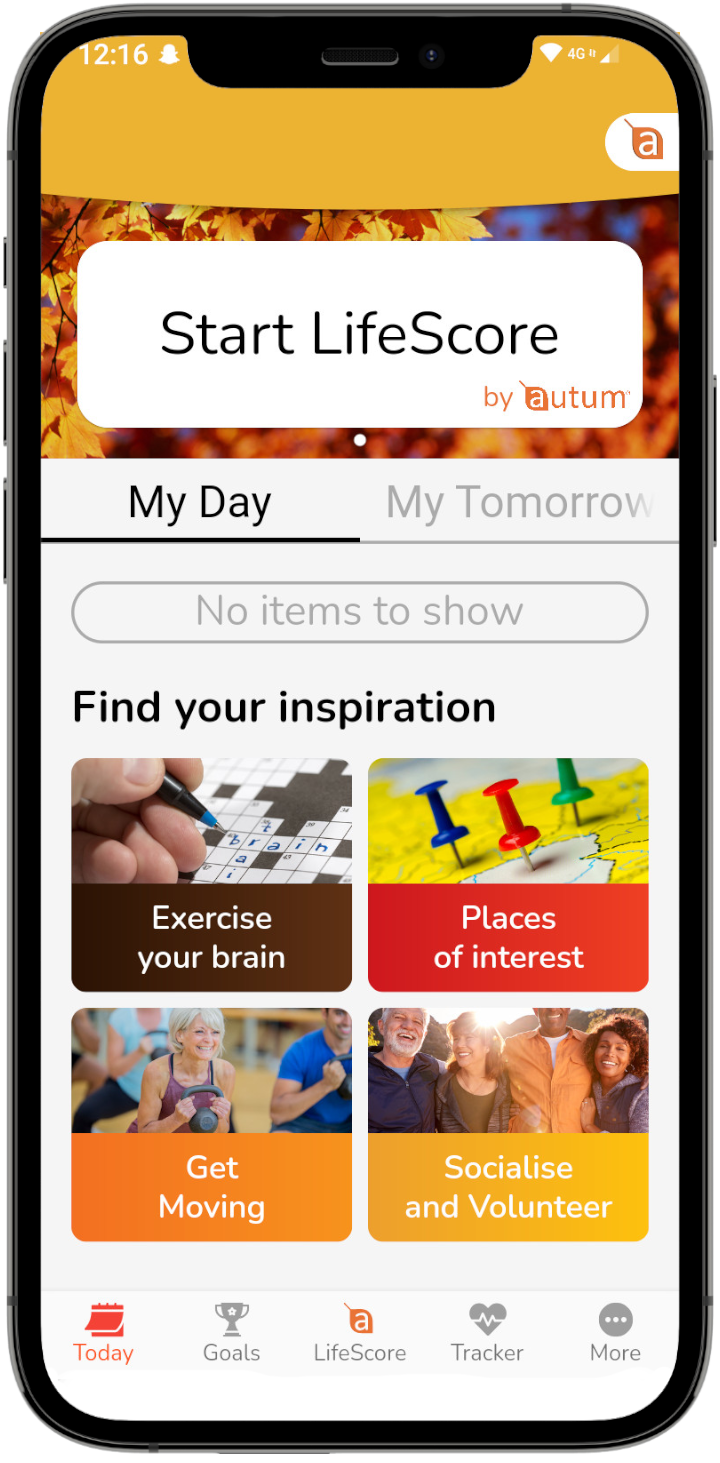When it comes to nature or nurture, our speed of ageing is probably more than 75% lifestyle and less than 25% genetics. Three-quarters of us die from cardiovascular disease, cancer or dementia. These diseases were rare or absent just 150 years ago, when sugar consumption was less than 10 lbs, compared to over 150 lbs per person per year today. Refined sugar is the most powerful driver of ageing. Ann Wigmore, a holistic health practitioner, summarised this, “the food you eat can be either the safest and most powerful form of medicine or the slowest form of poison.”
To understand the impact of sugar, we need to know how this is managed in our bodies. Insulin is the crucial hormone produced in our pancreas that regulates sugar (glucose) in our blood. It removes the glucose from our bloodstream and delivers it to our cells as energy. A diet high in sugar stimulates more insulin to keep our blood sugars under control. Over time, our cells become resistant to the effects of insulin, requiring more and more to keep our blood sugar normal.

Sugary foods cause insulin surges and if these are excessively activated, our body will dampen its response, which means we need a more exaggerated insulin spike to trigger the same effect and we become insulin resistant (i.e. our cells stop responding to insulin). As our body becomes numb to the effects of insulin and we need more to do the same work this becomes a vicious cycle and exacerbates the resistance.
Glucose levels are primarily determined by what we eat but are exacerbated by lifestyle factors, such as too much stress, too little sleep and too little exercise.
With regards to sugar, I am more interested in refined, not natural sugars. We consume these from almost everything processed we eat, including bread, pasta, soups, as well as soft drinks, biscuits and cakes. Whilst refined sugar may extend the shelf life of products, it doesn’t do that for us.
In 1826 Anthelme Brillat-Savarin originated the phrase “You are what you eat”. And not only do we consume too much-unprocessed foods, high in sugar, but we also eat far too much. Our bodies were designed to help us adapt to scarcity, but we have little to help us handle abundance.

As we age, extended exposure to a high-sugar diet and a poor lifestyle increases in the prevalence of insulin resistance. Ageing is not the cause of insulin resistance, but the result of our poor diet and lifestyle.
Insulin resistance is universally present all Type 2 diabetics. In addition, it is implicated in heart attacks and strokes. The link to cancer is less direct. Eating too much sugar causes weight gain, which increases the risk of 13 different types of cancers. In fact, obesity is the single biggest preventable cause of cancer after smoking. Sugar is also a major culprit in increasing the risk of dementia. Sugar also results in a stiffening or loss of elasticity of our skin, including wrinkles, sagging and dark spots.
The other indirect consequences of sugar are lower exercise, depression and loneliness. Also, too little sleep, which has material negative health consequences, including cancer and dementia, is also correlated with a higher sugar diet. And too little sleep increases our food cravings.
Not only is sugar one of the most significant causes of ageing for us, but science would suggest we can pass this epigenetic aberration to our children and grandchildren. There is also a high correlation between overweight parents and children, so even if this is not passed down by nature, it can be a consequence of nurture.
The $64,000 question is can this be reversed? And the answer is yes, through changes in lifestyle and diet. Michael Pollan summarised it as “Eat [real] food. Not too much. Mostly plants.” If we can reverse insulin resistance, then we can address the root cause of many ageing conditions.
The most important thing we can do for healthy ageing is to reduce our consumption of refined sugars to keep our insulin levels low and our cells’ insulin sensitive. Of course, there are many other factors, such as a balanced diet, regular exercise, having a sense of purpose, getting a good night’s sleep, time out and engaging with our community.
autum is a young company that is focused on extending healthy life. At autum we have developed a LifeScore to measure your biological age and we have aggregated many fun activities to keep you physically, mentally and socially active. We can also track your progress.
To help us make Britain one million biological years younger take our autum Lifescore calculator to determine your biological age and use our autum app on Android or IOS to help improve your biological age today!

We’re on a mission to transform how the UK’s later life population retains its health and wellbeing for longer. It all starts with biological age and our tools aim to measure, track and reduce this.
Together we will make Britain one million biological years younger.


